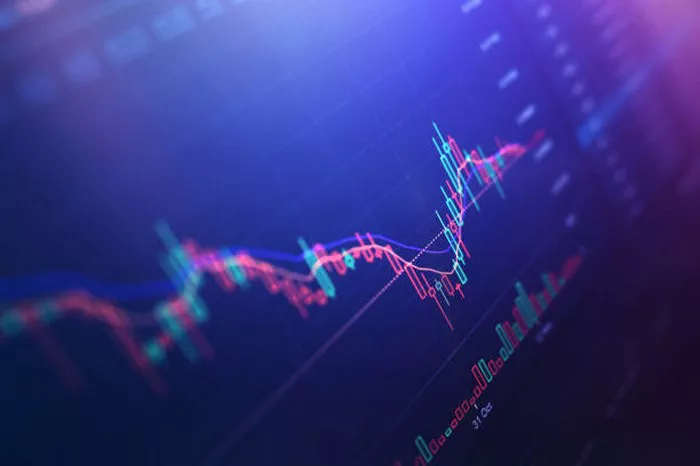Stock futures are essential instruments within the realm of financial markets, offering investors and traders a unique way to speculate on the future direction of stock prices. Understanding the concept of stock futures is paramount for those looking to navigate the complexities of the financial world.
1. Stock Futures Defined
At its core, a stock futures contract is a binding agreement between two parties to buy or sell a specified quantity of shares of a particular stock at an agreed-upon price on a future date. These contracts facilitate trading in the future value of individual stocks without requiring the immediate exchange of the underlying shares.
2. Underlying Asset: Stocks
Stock futures, as the name suggests, are closely tied to individual stocks. The underlying asset of a stock futures contract is typically a specific stock, such as Apple Inc. (AAPL) or Microsoft Corporation (MSFT). The value of the futures contract is directly linked to the price movements of the underlying stock.
3. Standardization
One hallmark of stock futures is their standardization. These contracts adhere to predetermined specifications, including the number of shares covered by the contract, the expiration date, and the agreed-upon price. This standardization streamlines trading and ensures uniformity across the market.
4. Contract Expiration
Stock futures contracts have a fixed expiration date. This date signifies when the contract holder is obligated to either buy or sell the underlying stock, depending on the terms of the contract. After the expiration date, the contract ceases to exist.
5. Long and Short Positions
Investors can take one of two positions when trading stock futures: a long position or a short position. A trader with a long position agrees to buy the underlying stock at the contract’s specified price, while a trader with a short position agrees to sell the stock at the contract’s price.
6. Price Determination
The price at which the underlying stock is bought or sold in a stock futures contract is known as the futures price. This price is determined by market forces, including supply and demand dynamics, investor sentiment, and the expected future value of the stock.
7. Leverage
One of the most distinctive features of stock futures is leverage. By using stock futures, traders can control a more substantial position in the underlying stock with a relatively small amount of capital. This amplifies both potential gains and losses.
8. Margin Requirements
To mitigate risks associated with leverage, margin requirements are imposed on traders. Traders are required to deposit a certain percentage of the contract’s value as collateral. This margin acts as a buffer against potential losses and helps ensure that traders meet their financial obligations.
9. Hedging
Stock futures serve as valuable tools for hedging. Investors and institutions can use these contracts to protect their portfolios from adverse price movements in the stock market. For example, if an investor owns a portfolio of technology stocks and anticipates a market downturn, they can use stock futures to hedge against potential losses.
10. Speculation
In addition to hedging, stock futures are widely used for speculative purposes. Traders with a bullish outlook on a specific stock may enter into long futures contracts, aiming to profit from price increases. Conversely, traders with a bearish view may take short positions to benefit from declining stock prices.
11. Market Liquidity
Stock futures markets are known for their liquidity, as they offer ample opportunities for buying and selling contracts. This liquidity is driven by the active participation of institutions, traders, and market makers.
12. Risk Factors
Despite their advantages, stock futures carry inherent risks. The leverage associated with these contracts can magnify losses, potentially leading to significant financial setbacks. Traders should be well-versed in risk management strategies and thoroughly understand the risks involved.
13. Role in Portfolio Diversification
Stock futures can play a crucial role in portfolio diversification. By including futures contracts linked to various stocks in their portfolios, investors can spread risk and potentially enhance returns.
14. Regulatory Oversight
Stock futures markets are subject to regulatory oversight to ensure fair and transparent trading practices. Regulatory bodies, such as the Commodity Futures Trading Commission (CFTC) in the United States, oversee the operations of futures exchanges and enforce rules and regulations.
Conclusion
In conclusion, stock futures are financial instruments that enable investors and traders to speculate on the future price movements of individual stocks. These contracts are standardized, have fixed expiration dates, and can be used for both hedging and speculative purposes. While they offer leverage and liquidity, stock futures also carry inherent risks that should be carefully managed. Understanding the dynamics of stock futures is essential for anyone looking to participate in these dynamic and influential financial markets.


